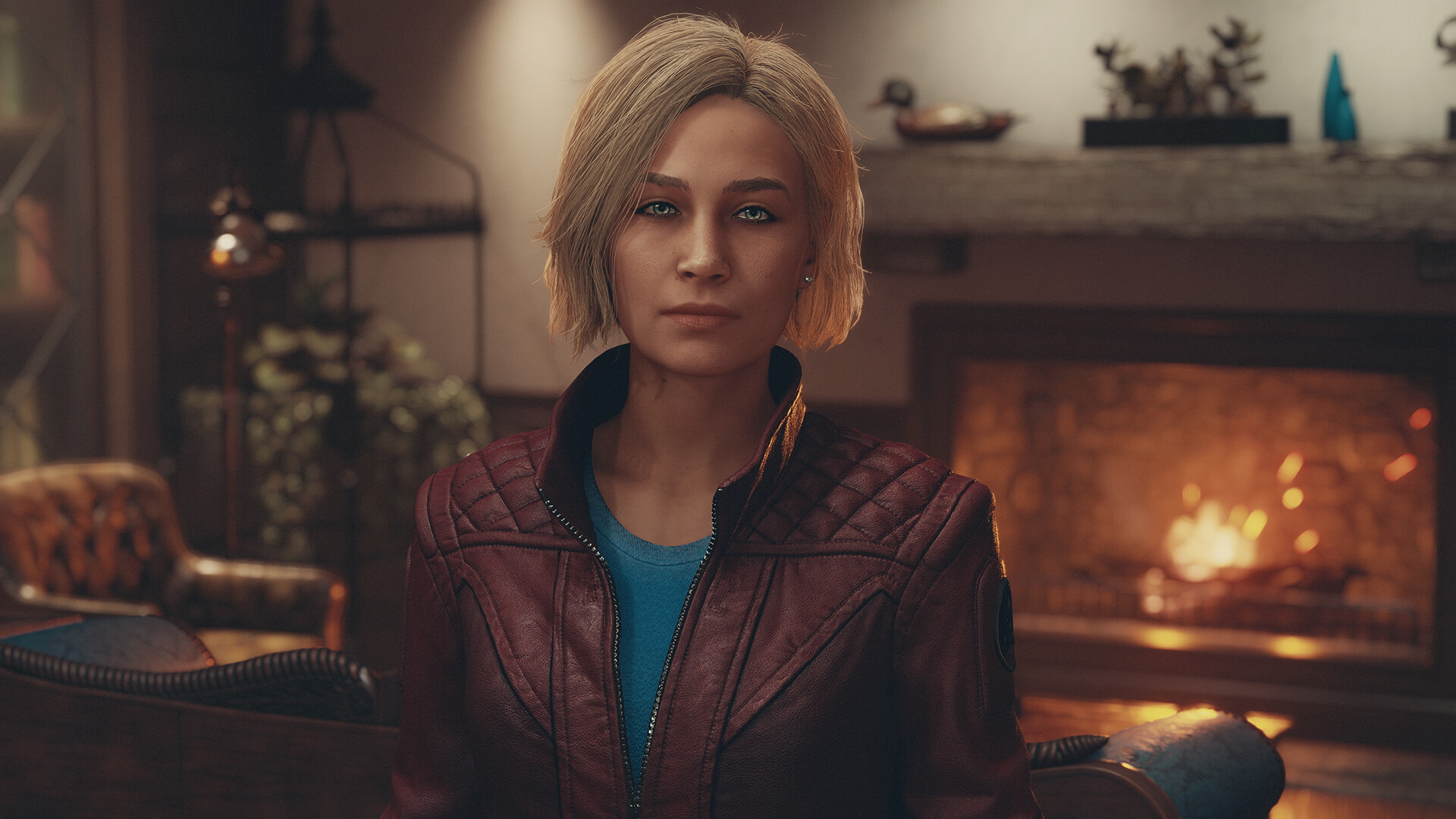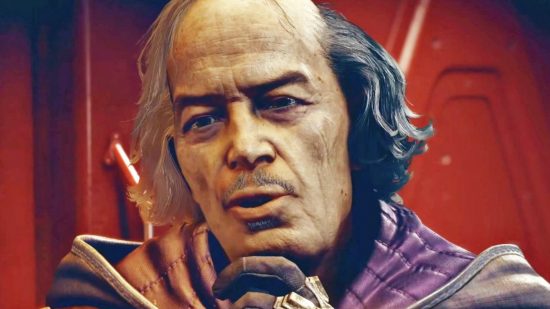Starfield looks spectacular. From its crisp, colorful world design to its many missions, customization options, and opportunities for player-driven adventure, Bethesda – from what I can tell – has summited a new peak in RPG game design. I try to resist effusion, or acting too deferential towards videogame makers, but with the Starfield release date now on the horizon, this is truly one of those cases where I don’t know how they do it – even with hundreds of developers, presumably a lot of money, and many, many years of intense labor, the creation of something like Starfield seems to me almost magical. I don’t think it’s Starfield’s fault, but when I watch and read about Bethesda’s new opus, I feel a profound, almost disappointing lethargy.
And when I say disappointing, I mean it’s disappointing to me – I don’t want Starfield to make me feel numb, tired, bored. We’re talking about the culmination of maybe decades of conceptualization and planning. We’re talking about – again – hundreds of people who have spent perhaps their entire lives developing their expertise, and who have then worked diligently to apply it to this enormous new PC game.
And of course, there’s also the veritable infinitude of technological advances, outside influences, and who knows what other factors that have to congregate to allow something like Starfield to eventually exist. It looks and feels to me like the consummation, the kind of meridian, of what triple-A videogames as a culture have been collectively pulling towards for the past 20 years. Starfield seemingly represents a new apex of what games – and more specifically open-world games – can achieve.

But that, I think, is why I’m bored. Starfield represents the perfection of a formula, but by that virtue still resembles a formula. I take it back to GTA 3, Morrowind, World of Warcraft – or perhaps even earlier. So much as games, gaming culture, and anyone with a stake in either can be referred to as ‘we,’ it feels like, for the past two decades, we’ve been making basically the same videogame.
The worlds get bigger. The customization becomes more extensive. The player-driven narrative gets more player-driven. But the fundamental structure, ethos, and experience for the audience remain rigidly the same. In 2001, the pitch for GTA 3 was that I could approach the missions however I liked. 20 years later, advancements in technology, imagination, and scale enable a more faithful and thorough delivery of that pitch, but it remains ideologically and spiritually the same, only the games get bigger each time.

So what I hope is that Starfield represents a kind of completion, an acme, or a climax of open-world, player-led videogames. I would like to think that, as a culture, our response to Starfield will include a decision that there is essentially nowhere left to go with This Type Of Game, and that with the sandbox-world promise of some of the early frontrunners finally fulfilled, there becomes an appetite and a curiosity for something entirely different.
I’d like to think of Starfield as the last open-world game, or at least the last game that is open-world in the same sense that so many games have been before. This is not a condemnation of Starfield. On the contrary, it’s a belief and expectation that Starfield is as good as these kinds of games can be, and becomes an incentive for gaming to attempt something else entirely.

It’s unusual and perhaps unfair to the nature of creation and art to think in such utilitarian terms – this idea that we don’t need any more games like Starfield after Starfield. But I nevertheless believe that every genre and archetype, within videogames and without, rises, becomes formalized, reaches a plateau, and then subsides, and that Starfield potentially – and beneficially – represents the beginning of the end of that process. I doubt anyone wants to see triple-A games homogenize to the point where they all have RPG, open-world, customization, and player-led narrative elements, but I do think there is a pronounced risk of that happening, at the peril of exploring other genres and possibilities.
Starfield could mark the point that gaming, as a culture, accepts that this kind of game has been suitably charted; a point at which we are pushed to consider and crave – after 20 years of cultivating a perfect expression of the same formula – what else is out there.
Get the full Starfield system requirements to make sure your rig is ready for release date. You can also find out everything there is to know about every one of the Starfield companions who will be joining you on your adventure across the galaxy.
